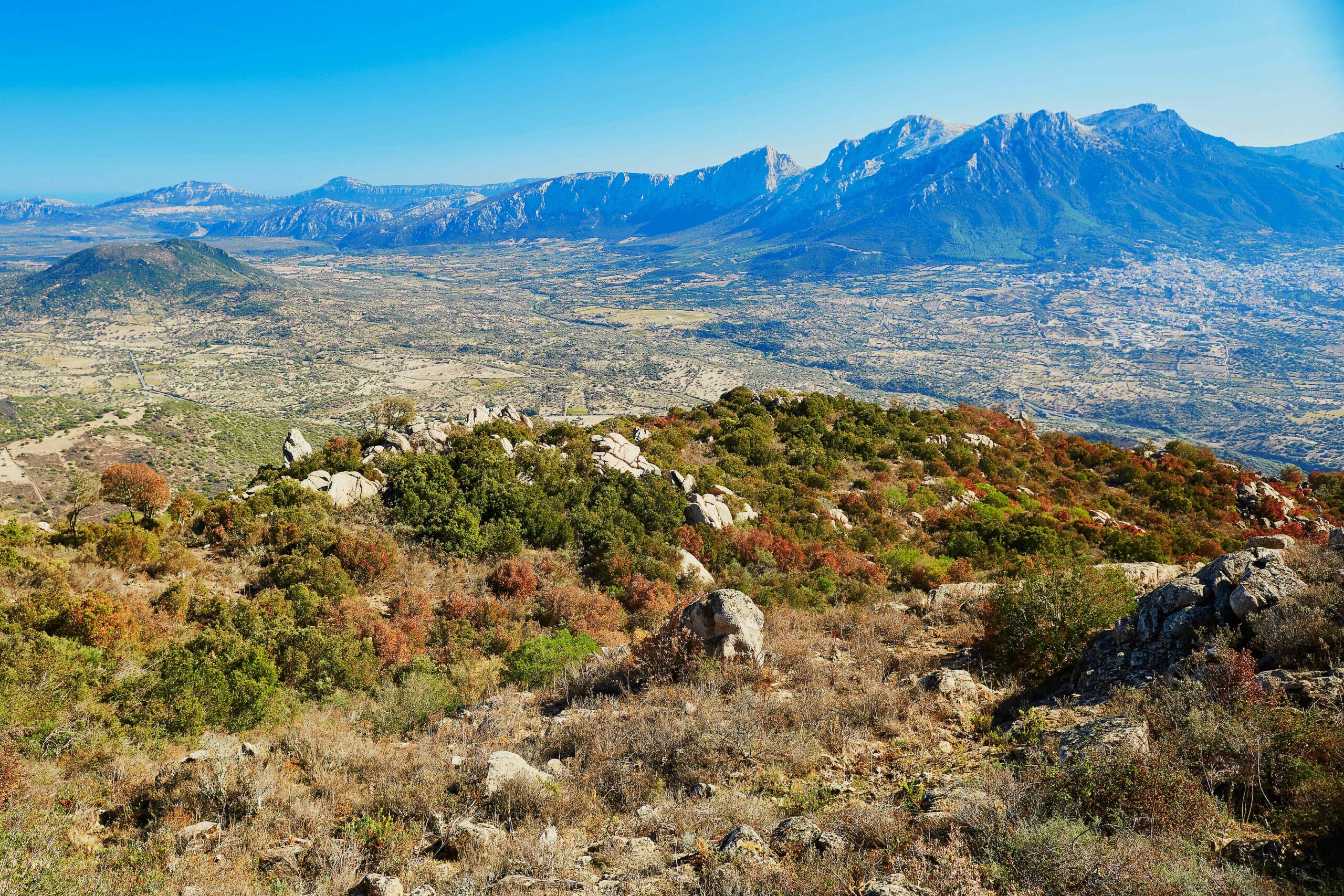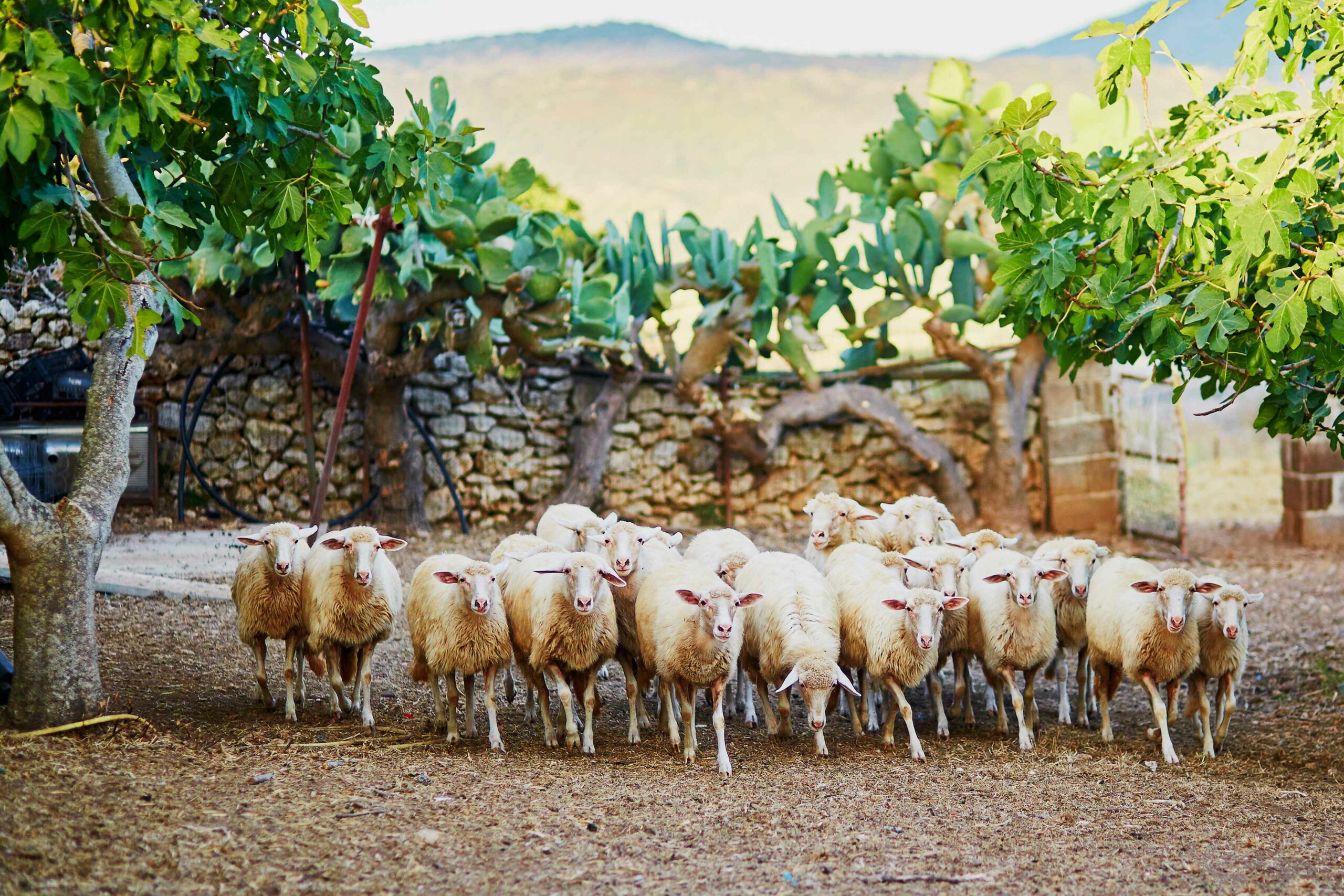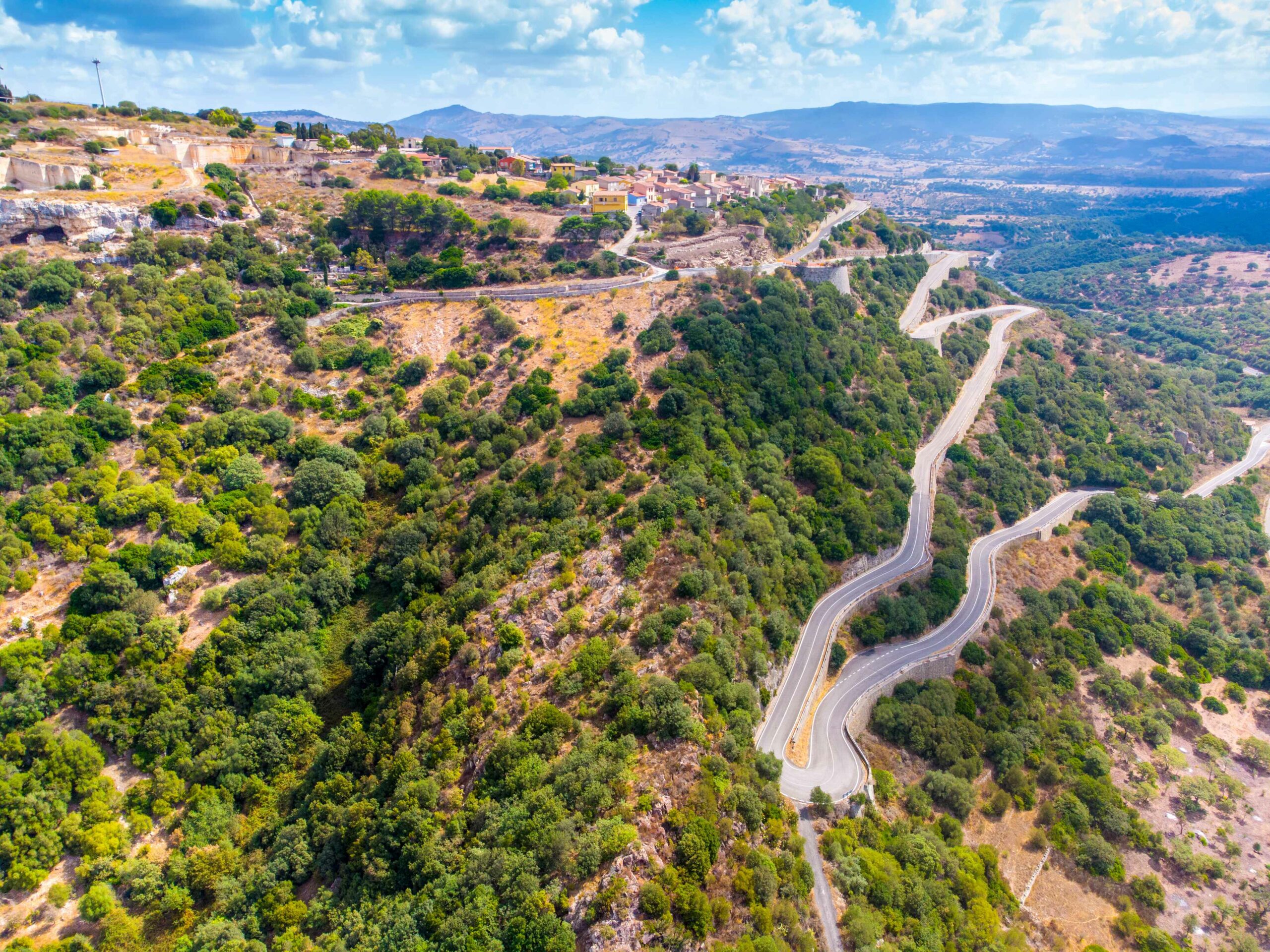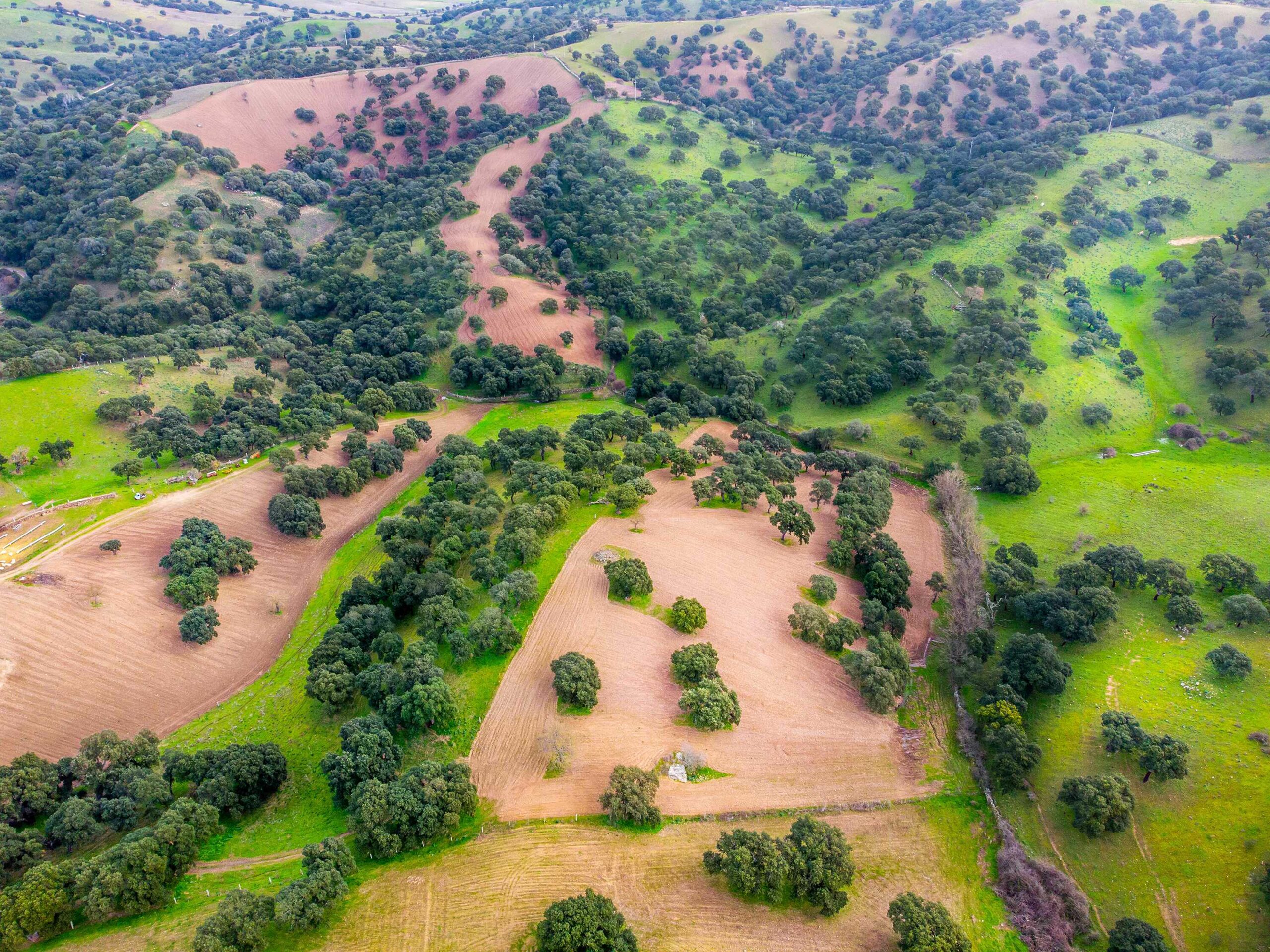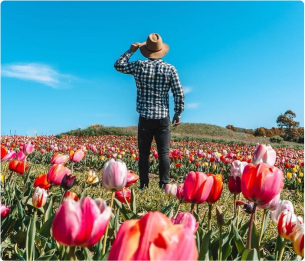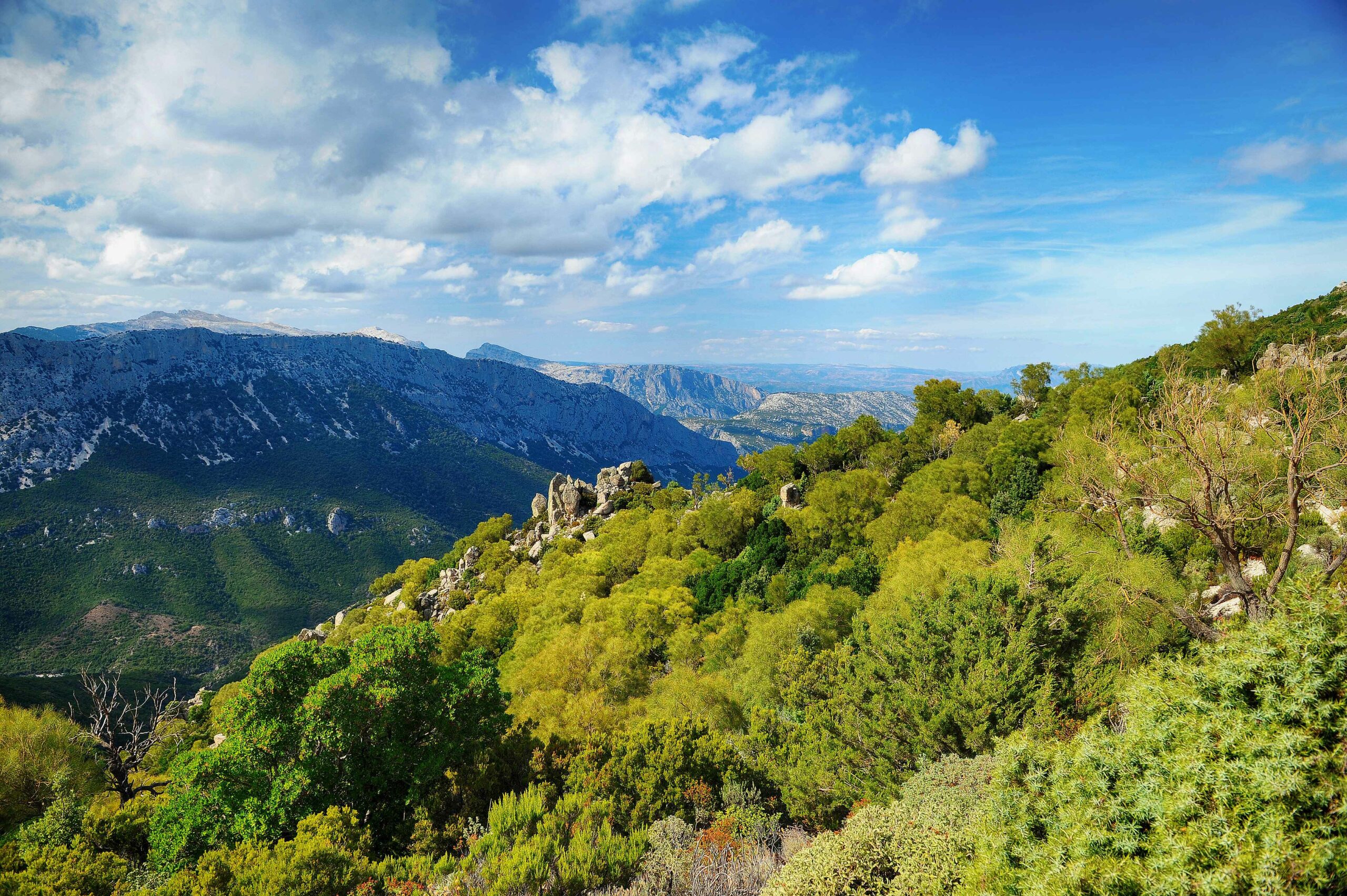
Gennargentu
A roof right in the heart of the island: clean air, rough and unspoilt landscape, lush forests, starry nights, mountain panoramas and small villages that decorate it like jewels. In the middle of the island is a rocky massif covered with centuries-old forests, the kingdom of golden eagles and mouflons: Gennargentu is a triumph of nature in an unpolluted and wild area. In spring, its meadows are colored with the peony sa rosa ‘e monte, the only flower that bloomed on Olympus in ancient times. In spring, when thyme blooms, the local air is filled with an intense aroma. Numerous hiking trails will lead you to extraordinary views, up to the summit of Punta La Marmora, which at 1,834 meters is the highest point in Sardinia. Gennargentu is also magical in winter, covered in snow, when the landscape seems motionless. In Fonni, the highest town in Sardinia, there are the ski lifts on the Bruncu Spina and Spada mountains. If you want to get to know Sardinia properly, explore its villages, jewels nestled in the mountains, surrounded by the island’s oldest forests, experiment with traditions and cuisine, let the locals welcome you – it will be an unforgettable experience. Mountain products have inimitable taste: for example chestnuts in Desulo, ham and the famous carapigna, granita once prepared with snow from the mountains, tasty nougat in Tonara, made with hazelnuts, almonds, walnuts and local honey. The ancient culture of these places is deeply connected with local traditions. You will still see women wearing glamorous traditional clothes and girls wearing precious jewelry as a confirmation of the Sardinian faith that has been passed down from generation to generation. Young people compete in s’istrumpa, the Sardinian version of the ancient Greco-Roman fight that made famous the town of Ollolai. Other times, intellect is challenged with improvised rhymes of Sardinian poetry, accompanied by a canto a tenore. There are many poems that recall the soul of Gennargent: two of the greatest Sardinian poets are Antioco Giuseppe Casula, known as Montanaru of Desulo, and Peppino Mereu of Tonara, who wrote numerous poems, later transformed into popular songs such as Nanneddu Meu, su Testamentu and Galusè, a tribute to the essence of these places: the purity of the water.
